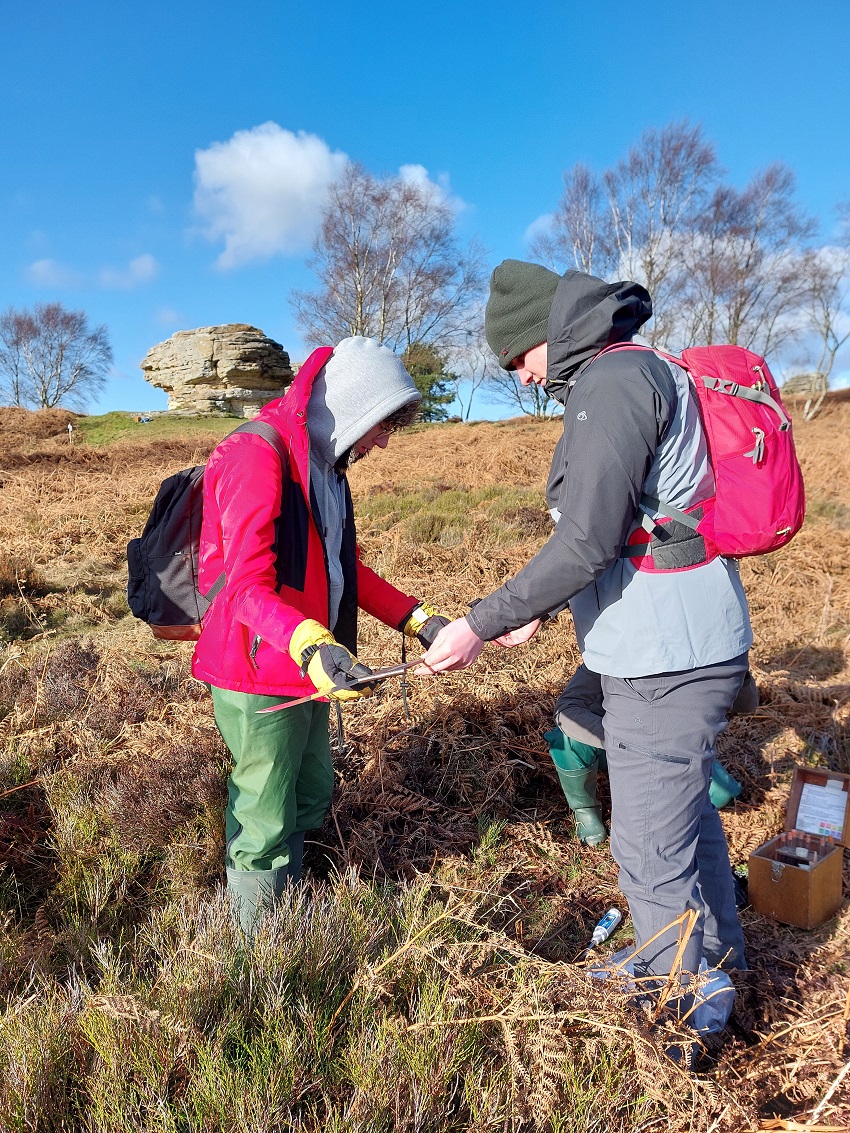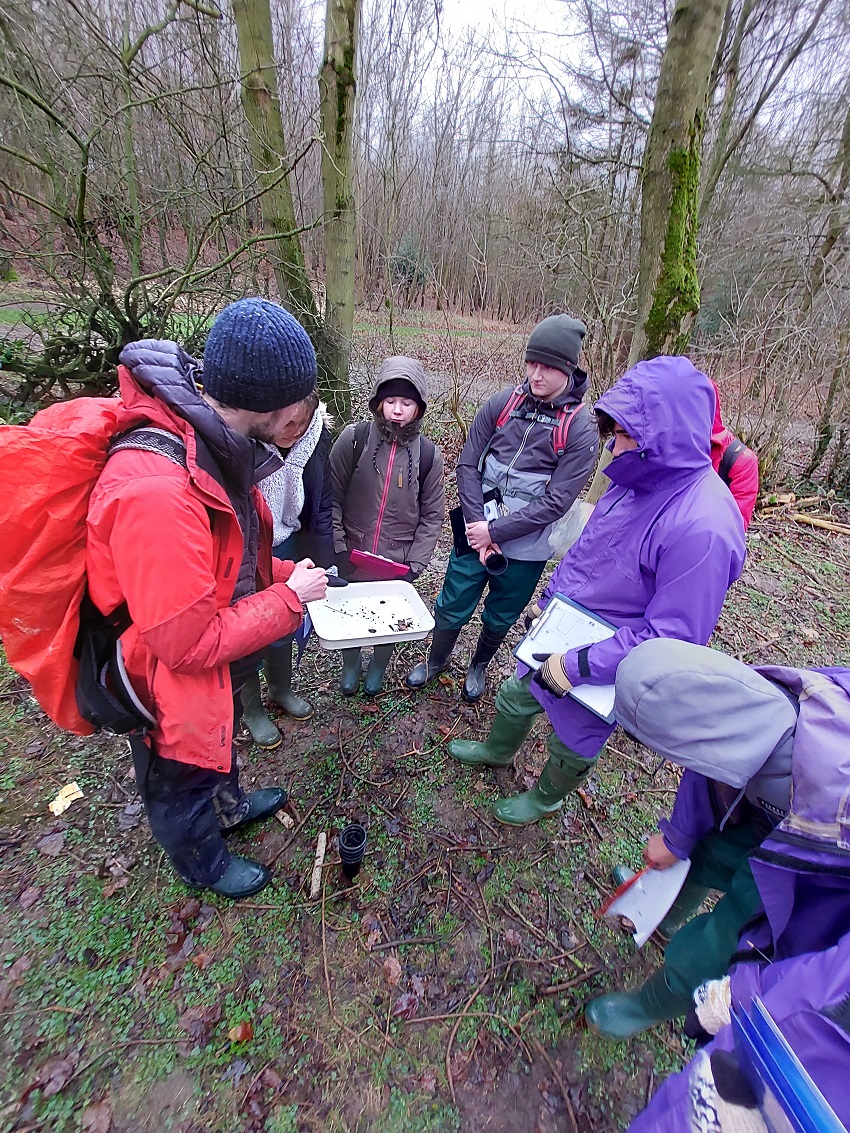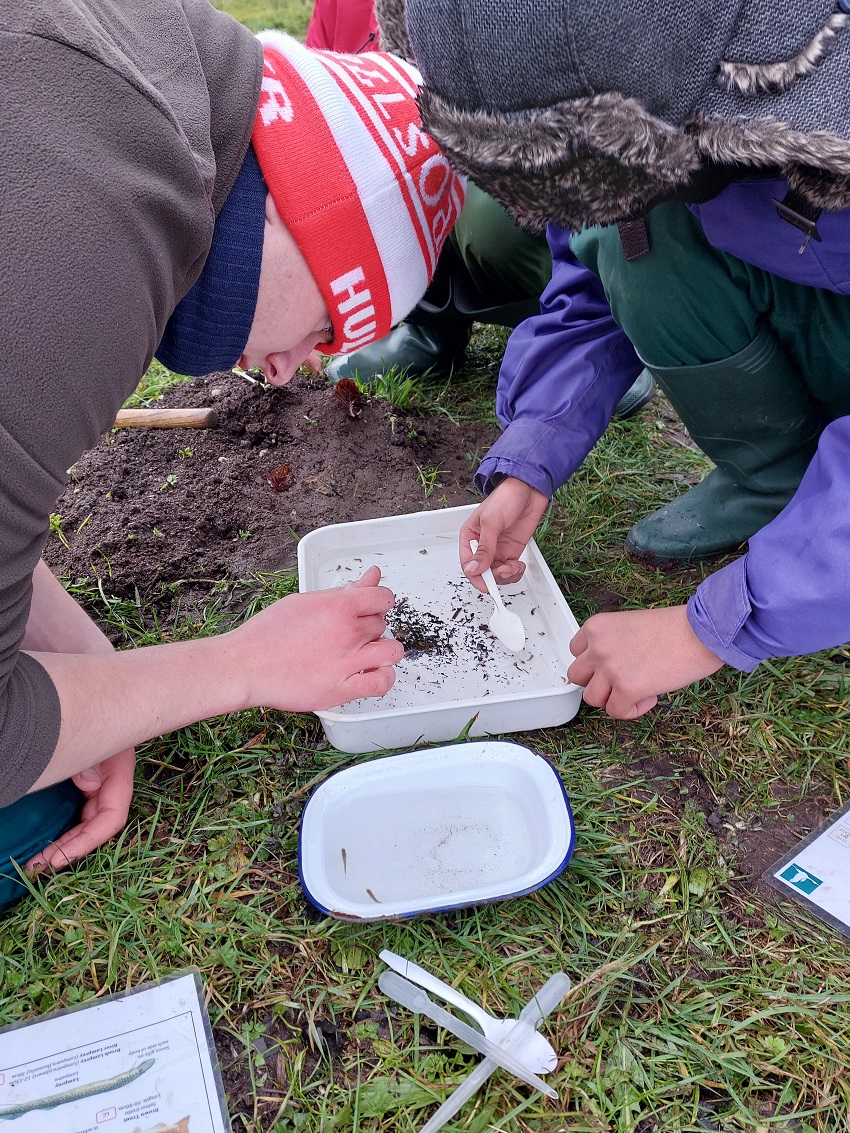Sixth form biology students from Ron Dearing UTC put their scientific knowledge into action on a three-day residential visit to North Yorkshire.
Six Year 13 students travelled to Cranedale Educational Residential Field Studies Centre in Malton to complete a variety of activities linked to the ecology aspects of their A-level biology course and core practical work.
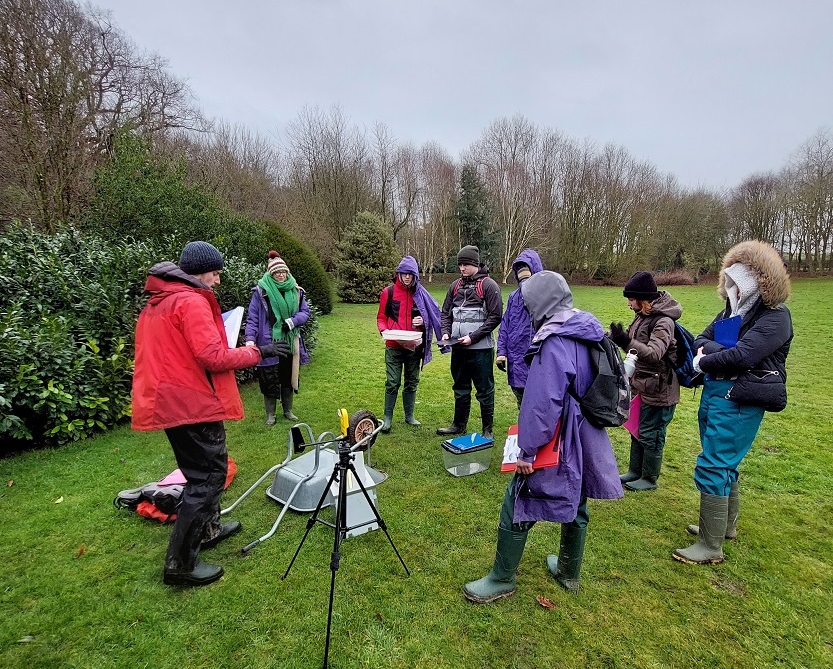
They learnt and conducted a range of scientific techniques, such as sampling a stream for different invertebrates, sampling areas of Dalby Forest and examining “areas of succession”, looking at the way the environment changes over time.
They also completed beach field work at Filey and investigated desiccated seaweed, barnacles and other organisms, and visited a farm to look at energy transfers involved in intensive farming, such as mass meat production from large pig farms.
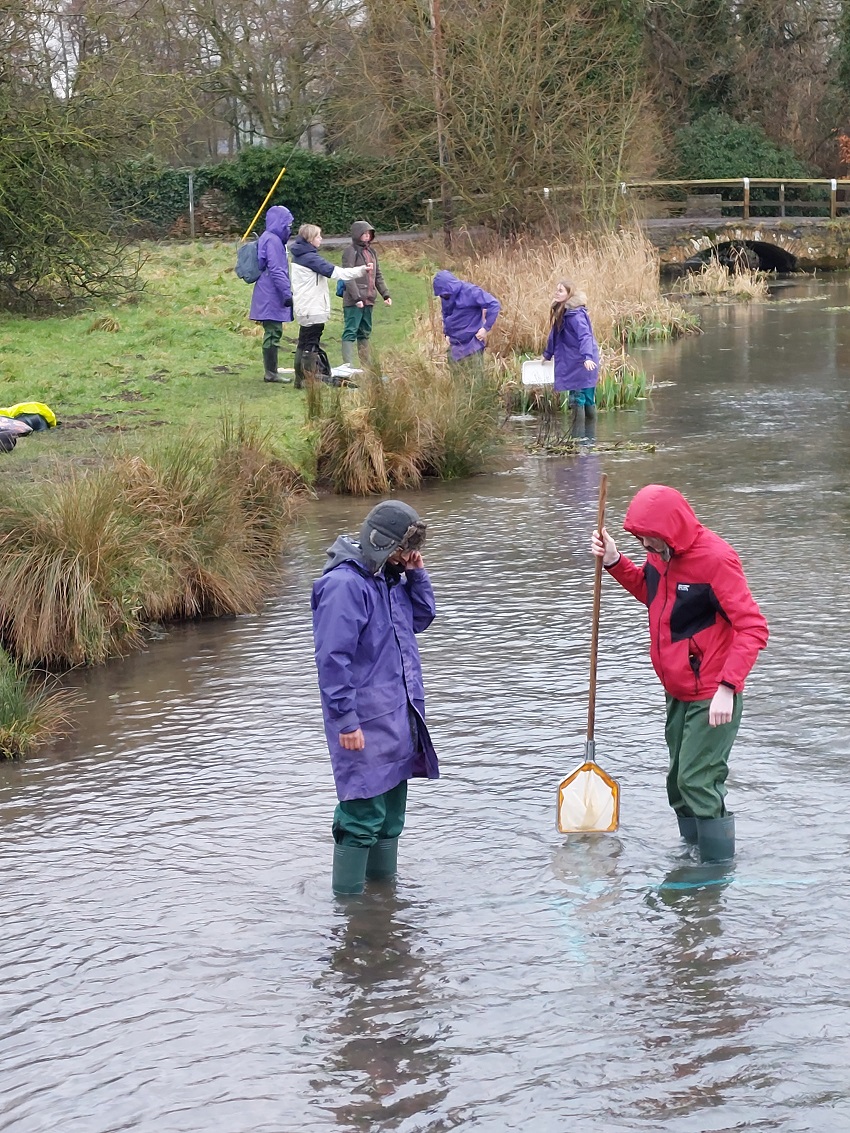
Students George Hodgson, Will Jennison, James Coulson and Haitam Amudi, all 18, and Kate Hickingbottom and Ebony Revell, both 17, took part in the visit.
Kate said: “We all loved the trip and it gave us a great insight into how our classroom studies apply to real life.
“We enjoyed exploring lots of different environments such as rocky shores and lakes. Our favourite was Dalby Forest, where we had a picnic and used specialist equipment to investigate the stages of succession.
“All the tutors were really friendly and knowledgeable, helping us to identify any species we found and making our time fun.”
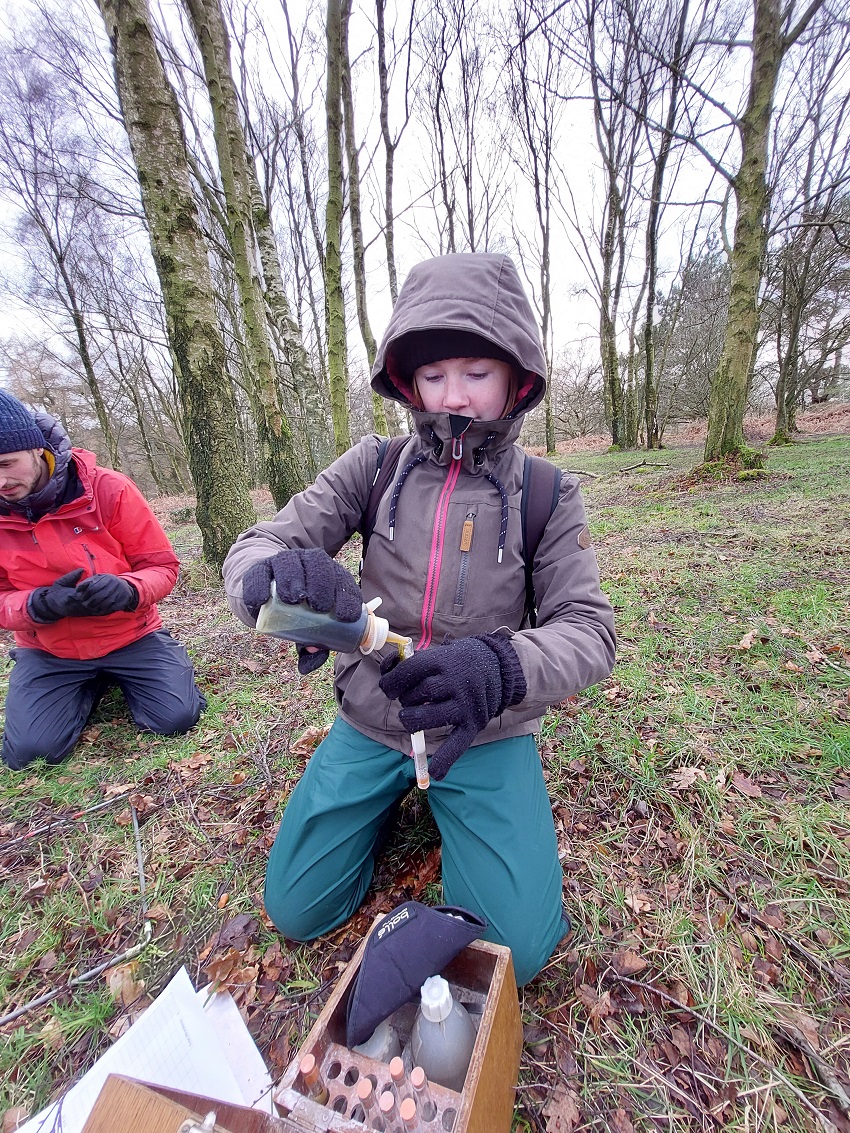
Sarah Buchan, Lead Practitioner for Biology at Ron Dearing UTC, said: “It was wet, windy and fun all at the same time, and a truly invaluable experience.
“You can teach the theory in the classroom, but unless you put the techniques into practise you can’t understand the methods and analysis and how they work.
“An essential part of the course is practical work and it was also a good opportunity to look at specialist equipment, which wouldn’t have been possible if we weren’t on site.
“The impact that businesses have on the environment is becoming increasingly important too. This opportunity has allowed students to get hands-on experience of how this impact can be measured in order to maintain biodiversity.
“We weren’t able to run the trip last year because of Covid restrictions, so it’s great they’ve had the opportunity now and they haven’t missed out. Everyone really enjoyed it.”
